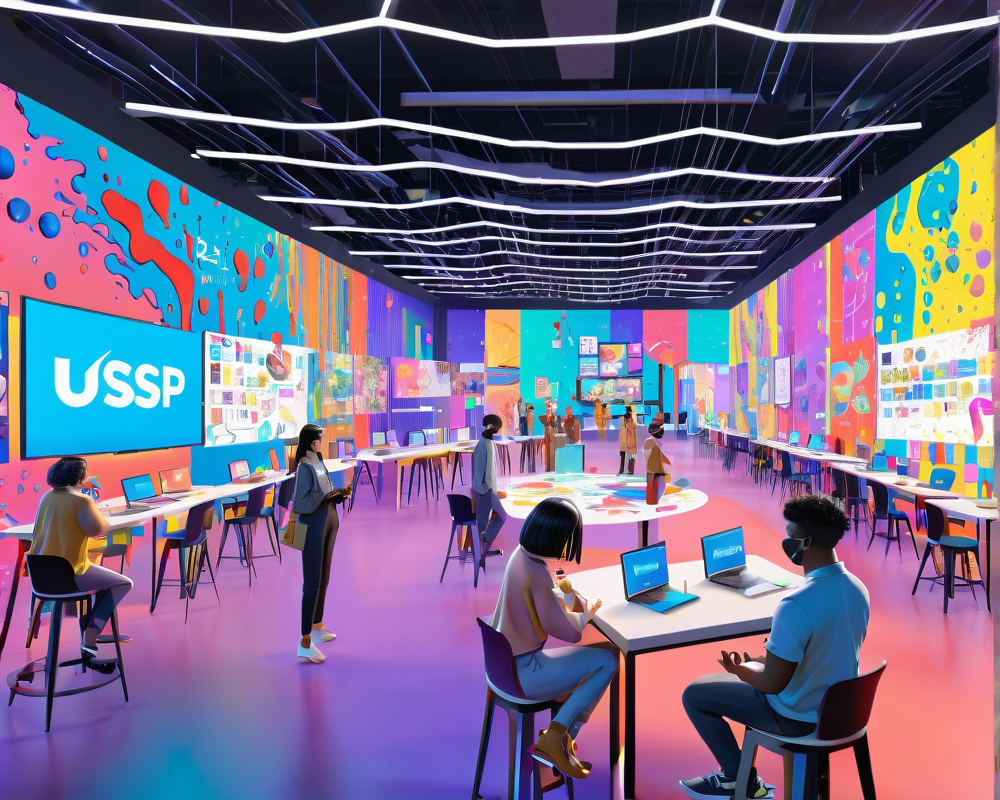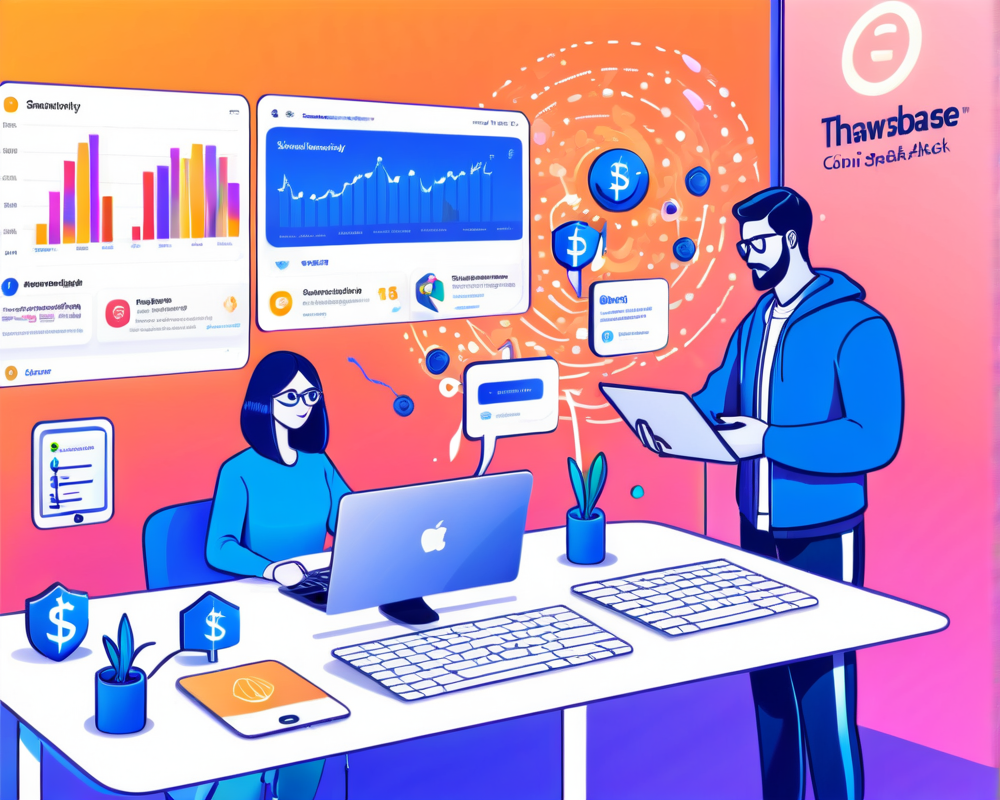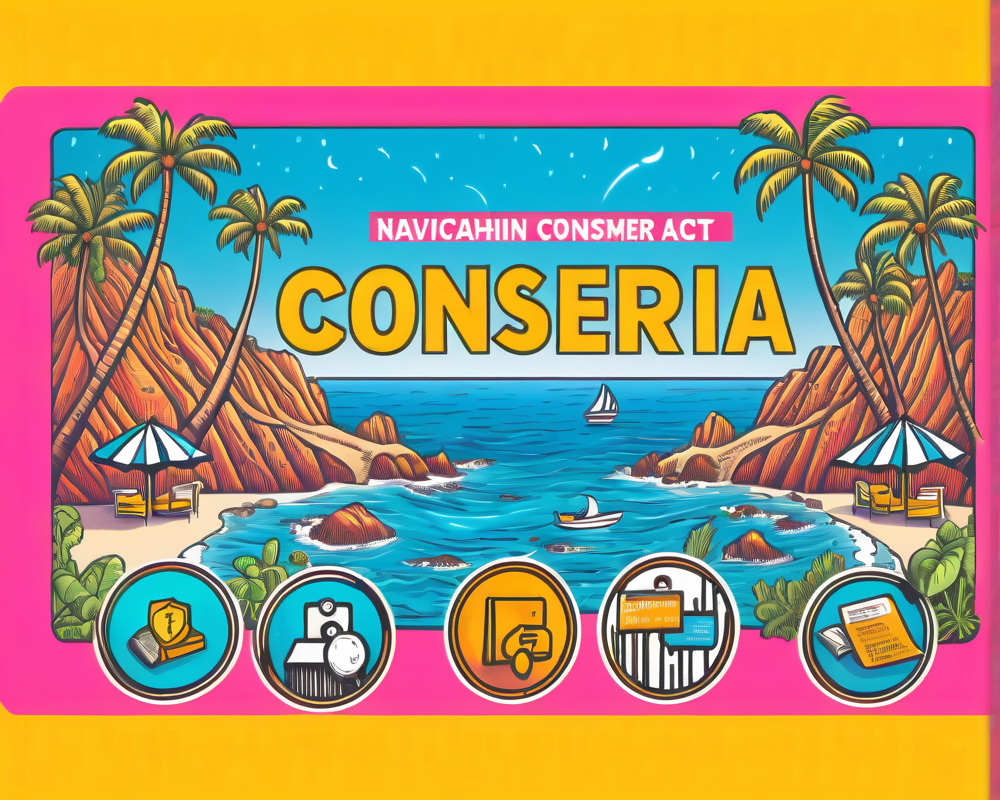The Rise of the Metaverse
The metaverse is more than just a sci-fi fantasy—it’s a rapidly evolving digital landscape where people interact, socialize, and even conduct business. But how does it really affect our daily lives? That’s a question the University of Sao Paulo (USP) aims to answer through new research initiatives.
Groundbreaking Research at USP
USP is gearing up to dive deep into the realms of 3D modeling, psychology, and human behavior in relation to the metaverse. These research groups will not only assess how users interact with this virtual world but also scrutinize the effectiveness of the devices that bring us closer to it, like virtual and augmented reality headsets.
The Historic NFT Partnership
In a groundbreaking twist, USP has toasted to a partnership that marks the university as the first in Latin America to receive a nonfungible token (NFT). This isn’t just any digital badge of honor—it’s a rare piece of virtual real estate located in the United States of Mars (USM) metaverse, making it a pioneering step into the digital frontier.
The Collaboration Landscape
This partnership is set to kick off with researchers already engaged in an ongoing initiative known as the University Blockchain Research Initiative (UBRI), sponsored by Ripple. It seems like USP is not just entering the metaverse but has a front-row seat in its development!
Global Conversations: The World Economic Forum
While USP is putting their boots on the metaverse ground, global conversations are buzzing. At a recent World Economic Forum panel titled “The Possibilities of the Metaverse,” luminaries discussed how these technologies could potentially change children’s learning. Philip Rosedale from High Fidelity and Peggy Johnson from Magic Leap shared insights that youngsters are pivotal in shaping this new digital era. As Lewin from Lego put it, “One in three people using the internet are young adults and children, so I would really focus on building from kids’ perspective.”
Conclusion: The Future is Virtual
As the metaverse continues to shape user experiences and interactions, research initiatives like the one at USP will be vital in understanding its implications on society. With bright minds coming together, who knows what groundbreaking discoveries await us in the infinite expanses of the virtual universe?



